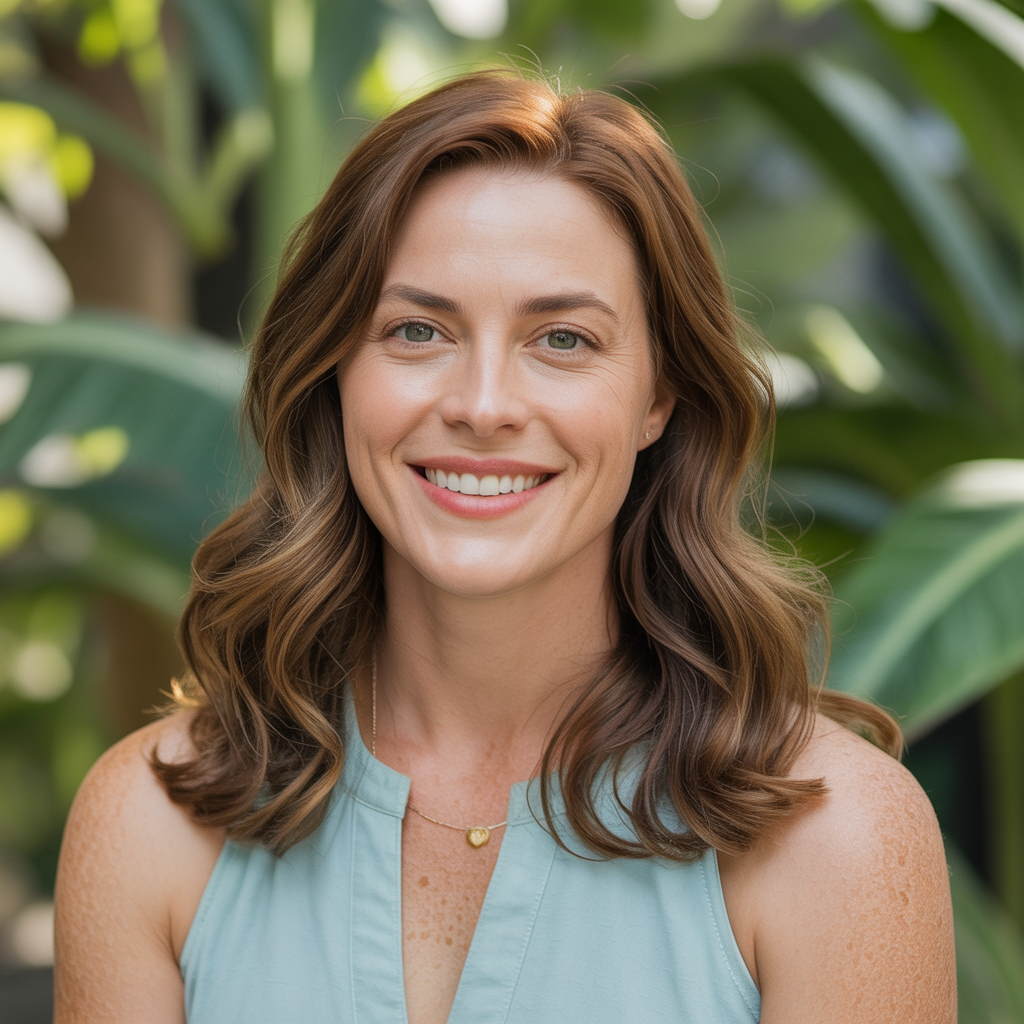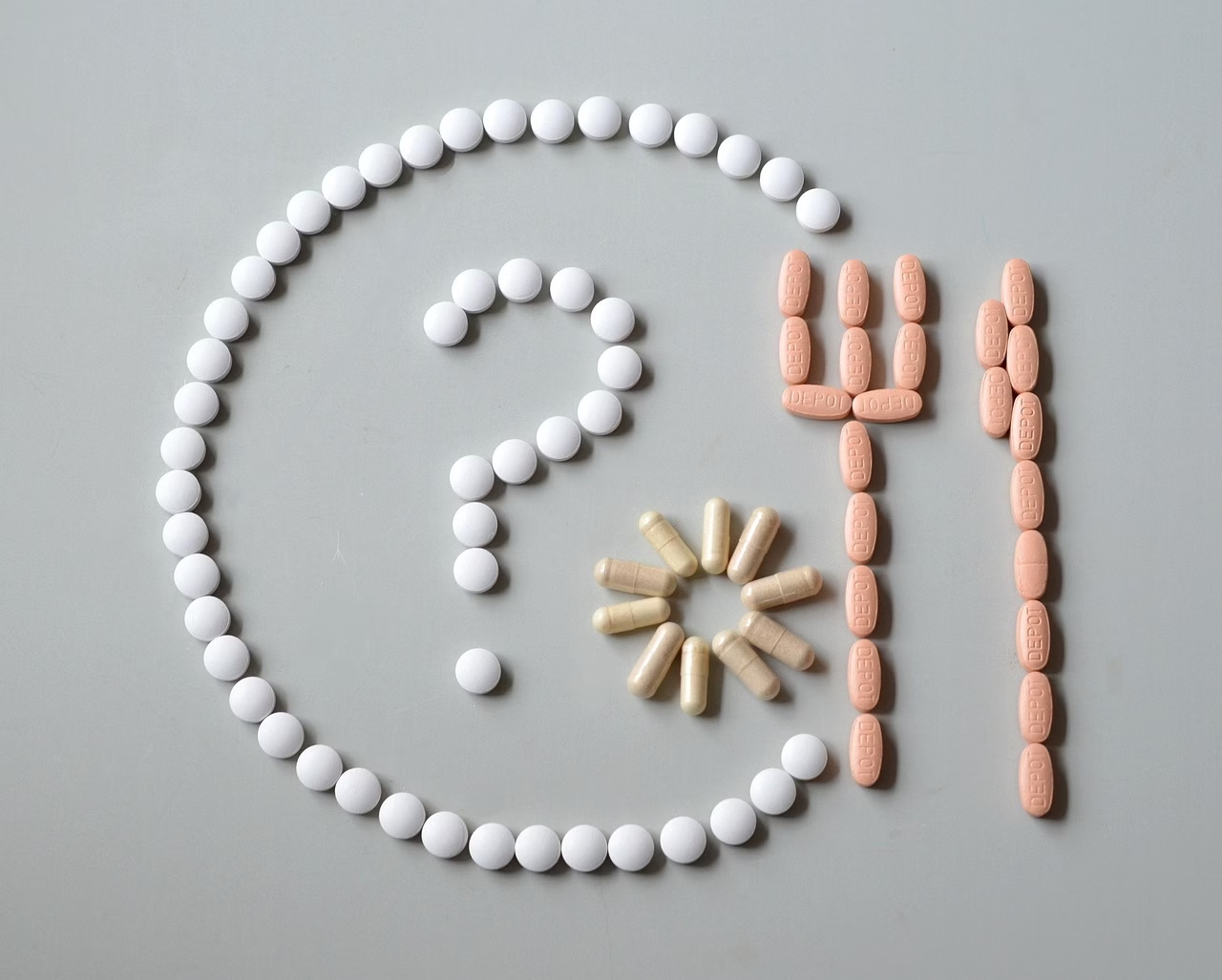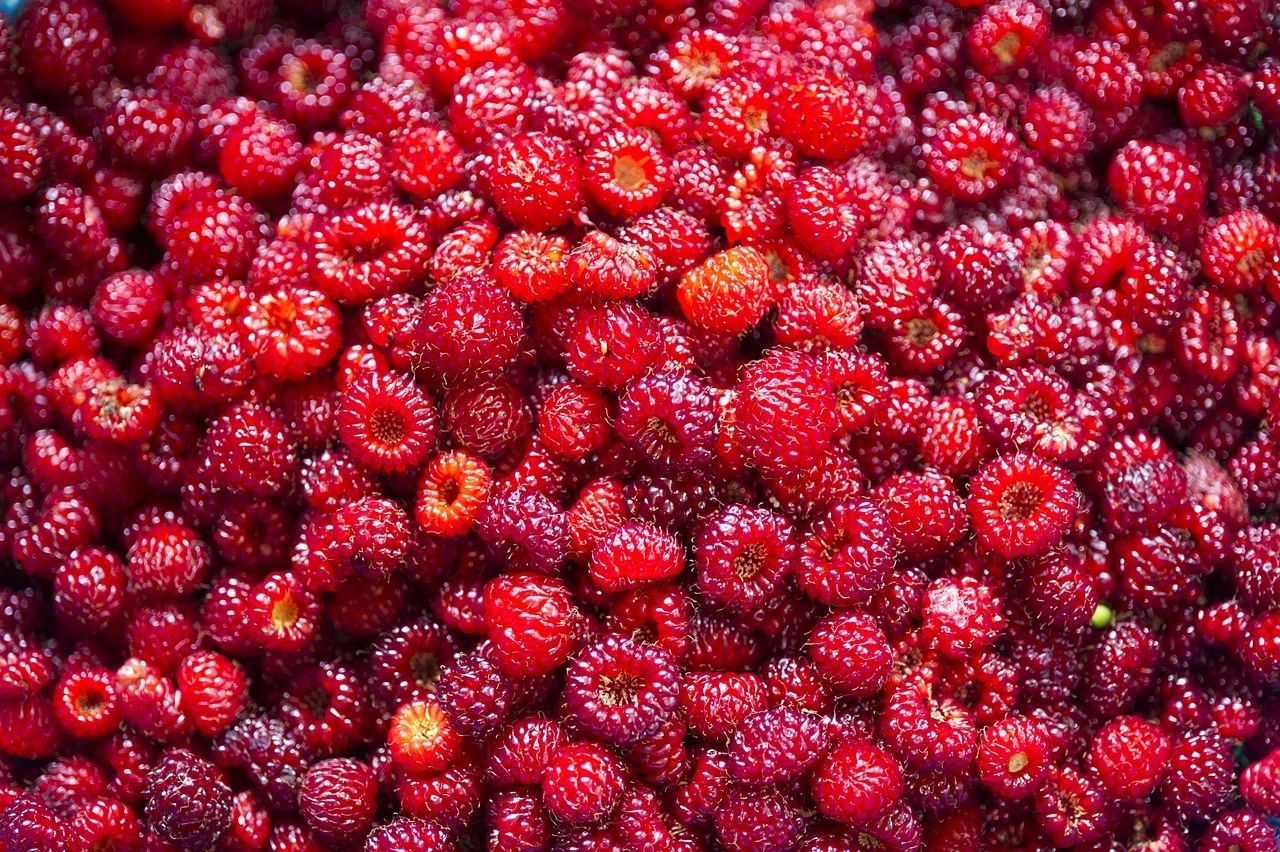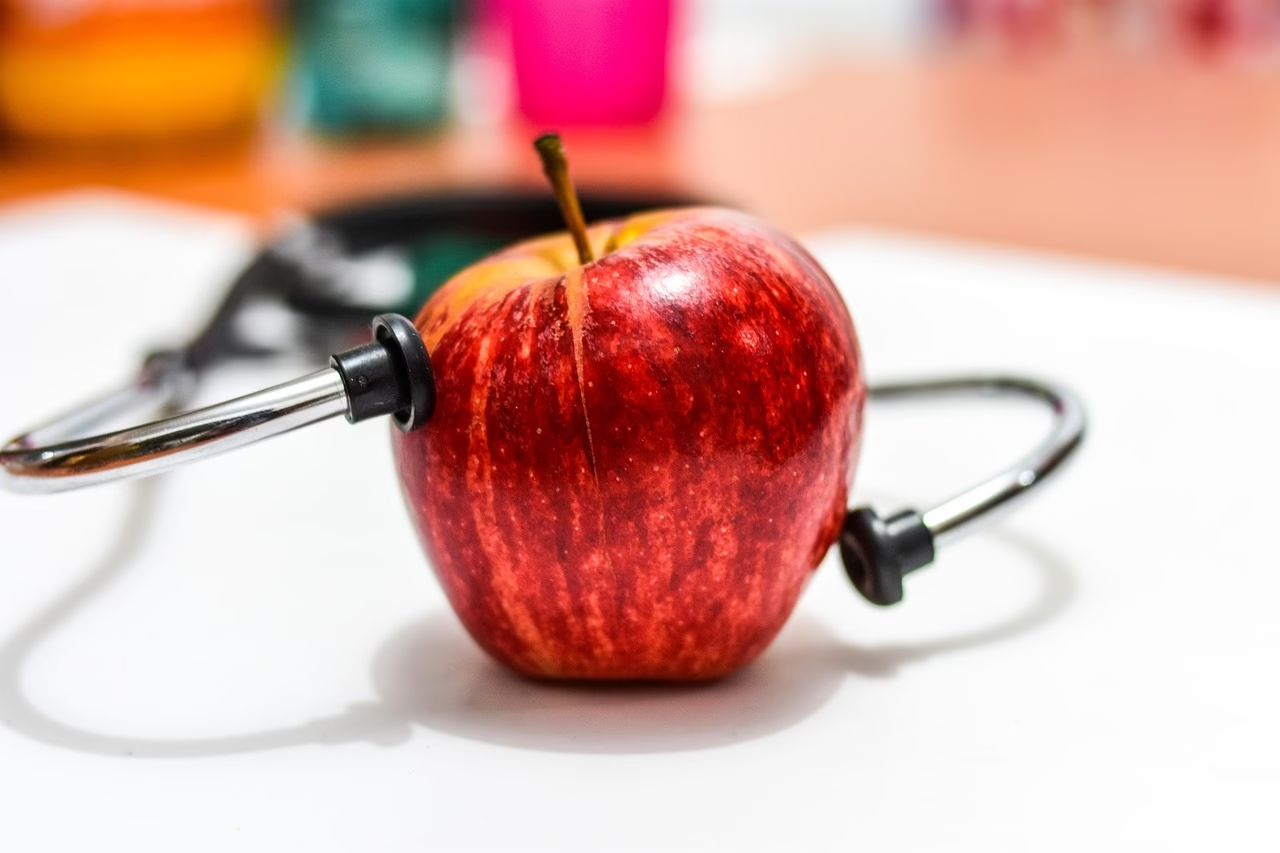I still remember my grandmother’s gentle smile the day she blankly asked me who I was. That moment propelled my lifelong quest to understand — and someday prevent — the slow unravelling we call Alzheimer’s disease. This week, scientists at Stanford Medicine brought us one step closer with a simple but astonishing discovery: a drop of blood can reveal the biological age of each of our organs, and if the brain in particular is ageing faster than the calendar says, the risk of Alzheimer’s can triple.
The Study in a Nutshell
Published in Nature (December 2023) and expanded this year with fresh UK Biobank data, the research team analysed more than 5,000 proteins in 45,000 adults. Using machine learning, they built “age clocks” for 11 organs — brain, heart, liver, kidneys, lungs, vasculature, pancreas, intestine, fat, muscle and immune system.
The headline findings are striking:
- Nearly 1 in 5 people had at least one organ ageing well ahead of schedule.
- A brain that scored more than two standard deviations “older” raised future Alzheimer’s diagnosis by around 3.1 times.
- The same aged brain predicted a 182 % higher risk of death from any cause over 15 years, making it the strongest single predictor of longevity in the study.
- Conversely, a younger-than-average brain cut Alzheimer’s risk to a quarter and lowered overall mortality by 40 %.
Why Proteins, Not Genes, Hold the Key
Genes are like the piano’s sheet music; proteins are the music being played in real time. They change with lifestyle, environment and disease, giving clinicians a dynamic window into organ vitality. By mapping organ-specific proteins, researchers could tell, for instance, that synaptic proteins leaking into blood signalled an ageing brain long before memory faltered.
Hope Wrapped in Pragmatism
As exciting as this sounds, it’s not a crystal ball or a life sentence. Biological age is malleable. Study participants who practised regular movement, nourished themselves with anti-inflammatory foods, slept well and avoided smoking tended to have younger organs across the board. That aligns beautifully with the holistic pillars many of us advocate daily.
“The brain is the gatekeeper of longevity. If it stays youthful, the whole body benefits.” — Lead author Dr. Tony Wyss-Coray
Action Steps You Can Begin Today
You don’t have to wait for the blood test to hit your doctor’s office to nurture a youthful brain. Here’s my evidence-backed, compassion-infused roadmap:
- Move with Purpose: Aim for 150 minutes of moderate aerobic activity plus two strength sessions weekly. Exercise boosts neuro-trophic factors that keep neurons spry.
- Nourish Neurons: The Mediterranean-style diet — rich in leafy greens, berries, olive oil, fatty fish and herbs — slashed cognitive decline risk in multiple trials. Small tweaks matter; add a handful of walnuts or swap butter for extra-virgin olive oil.
- Honor Sleep: Deep, consolidated sleep is when the brain’s “glymphatic” cleaning crew washes away amyloid debris. Prioritise 7–9 hours, winding down with calming rituals rather than screens.
- Tame Inflammation: Chronic stress, ultra-processed foods and sedentary habits stoke systemic inflammation, accelerating organ age. Mindfulness meditation, breath-work or gentle yoga can lower cortisol within weeks.
- Stay Socially Engaged: Loneliness is neurotoxic; community is fertiliser for the pre-frontal cortex. Whether book clubs, volunteering or phone calls with old friends, connection literally rewires neural networks.
- Review Cardiometabolic Health: Hypertension, diabetes and high cholesterol silently age both vessels and brain. Partner with your clinician to keep these in optimal range — your neurons will thank you.
What This Means for the Future of Medicine
Imagine an annual “organ age panel” alongside cholesterol and glucose. A forty-year-old might discover their kidneys are ageing fast, prompting early lifestyle tweaks or medication before any damage becomes irreversible. A septuagenarian with a surprisingly young brain could feel reassured and maintain momentum. This is precision prevention, and it’s coming sooner than we once dreamed.
Pharmaceutical and nutraceutical companies are already investigating compounds that target the protein signatures identified in the study. Meanwhile, Stanford spin-offs Teal Omics and Vero Bioscience are racing to commercialise affordable organ-age tests. Regulatory approval and insurance coverage will take time, but momentum is undeniable.
Gentle Reminders as We Await Wider Access
1. Context Matters: No single biomarker defines you. Biological ages ebb and flow; one high score is an invitation, not a verdict.
2. Holistic Over Heroic: Lifestyle medicine remains the most accessible, side-effect-free tool for all of us. Fancy tests should complement, not replace, daily self-care.
3. Compassion First: If you or a loved one already lives with cognitive decline, use this news gently. Hope is powerful, but shame and blame age the heart faster than any protein profile.
My Closing Thoughts
I picture my grandmother sitting at our kitchen table, spooning fragrant lentil soup while I practice piano scales. If a blood test could have flagged her brain’s silent ageing twenty years earlier, perhaps we could have rewritten her final chapters. Science can’t turn back time, but it can inform the choices we make today.
So pour a glass of water, stand up and stretch, text a friend, and plan a colourful dinner. Your future brain — and every organ that relies on it — will feel the love.





